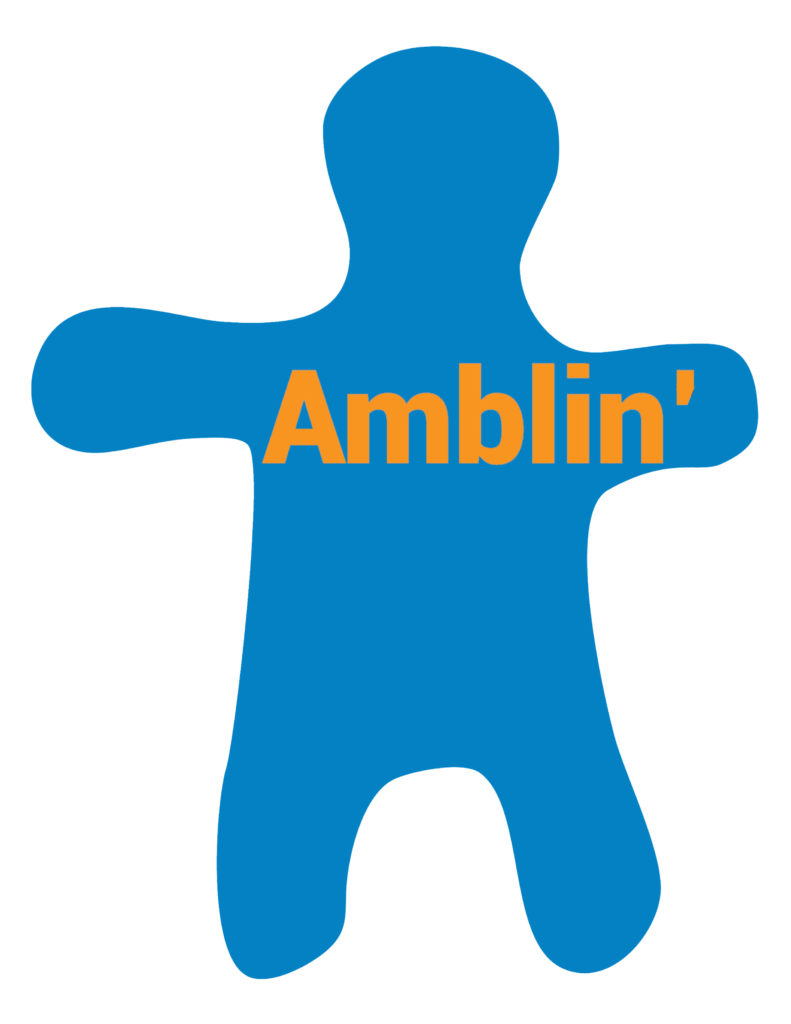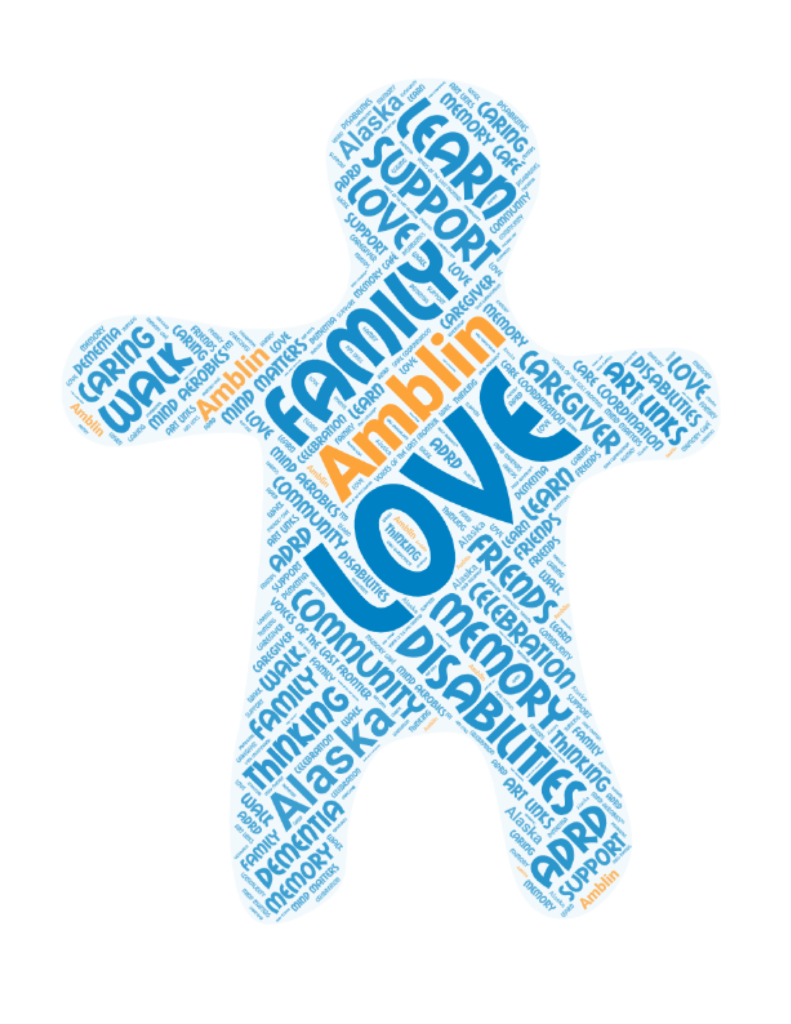Stages and Symptoms

Not everyone experiencing dementia will have all of these symptoms.
I. EARLY STAGE—FORGETFULNESS
Memory Loss Causes Small Problems
- Memory problems affect job performance
- Word loss can become noticeable
- Problems telling time, relaying messages
- Items are misplaced and others are blamed
Cognitive Loss Impairs Thinking
- Abstract thought and math skills may be impaired
- Money management and paying bills can be difficult
- There may be challenges in learning new things
- Tasks are left unfinished and hobbies drop away
- Decisions may become erratic and unreliable
- Judgment may become noticeably impaired
Personality Changes
- Person can lose his/her sparkle, spontaneity, ambition
- Mild depression may become noticeable
- May withdraw from social activities
- Mood swings may become alarming
- Person may anger easily and may lose impulse control
- May try to conceal changes in his/her abilities
II. MIDDLE STAGE—CONFUSION
Memory Loss Increases—Both Short Term and Long Term
- May forget to take medications or turn off appliances
- Often repeats the same question many times within a short period
- May get lost in familiar surroundings
- Person may recognize close family members but may have more difficulty recognizing friends & acquaintances
Cognitive Loss Increases
- Attention span may decrease
- Calculation skills can be lost
- Speech and understanding become slower—difficulty following conversations
- Reading and comprehension may become difficult
Personality Changes Become a Problem
- Frustration may lead to increased agitation
- Sleep disturbances may lower the agitation threshold
- The person can seem self‐centered, insensitive, jealous
- As depression increases, self‐esteem may decrease
- May refuse to wash or bathe, may not change clothes
- Social skills may become strained
- Repetition may become an annoyance to caregivers
III. ADVANCED STAGE—DISORIENTATION
Memory Loss Becomes Severe
- Person may become disoriented to time and place
- May not remember personal information such as address and phone number
- Person may not recognize family members and daily caregivers
- May become unaware of recent events with a sketchy recall of his/her own life
Cognitive Losses
- Can no longer manage the most simple tasks without assistance
- Invents and uses inappropriate words; uses gibberish
- Needs assistance with dressing and bathing
Personality Changes
- Person may not respond to affection
- Person may be emotional—cries easily or may become aggressive
- Person may become suspicious and fearful
- Delusions and hallucinations can be common
- May engage in different sexual behavior
- There is a loss of most social skills
Physical Changes
- Stooped appearance and shuffling gait
- Walks with hands slightly extended, palms down
- Incontinence of bladder and sometimes bowel
- Hyper‐motor phase; incessant walking
- Sleep disturbances
IV. FINAL STAGE—ABSENCE
Memory Loss Complete
- Complete disorientation
- Recognition of family can be lost
Cognition Absent
- Complete disorientation
- May compulsively touch things and/or put things in his/her mouth
- Requires total care
Personality and Physical Changes
- Facial expressions are often absent
- May be unable to speak and/or walk
- Chewing and swallowing can become difficult
- The person may develop seizures
- Constant chewing and smacking lips may occur
- May become bedridden and/or lapse into a coma
How we can help
- Individual and family consultations.
- Caregiver support groups by telephone or video conference (a great way to learn about local resources)
- Community Resource Guides or setup a consultation for further community referrals.
- Brochures and handouts
- Lending library and recommended books/videos/websites
- Educational programs, seminars and state-wide webinars on relieving stress for caregivers, family consultations, financial and legal planning, and Savvy Caregiving and more.
- Printable Fact Sheets
- Care coordination services
- Assistance to find respite services, chore services, or consumer-directed personal care attendant services.
- Mini-grant funds for items that will help your loved one
Related Resources
Navigation
- 10 Steps in Planning for the Future
- 10 Warning Signs
- About Alzheimer’s Disease
- About ADRD
- Activities for Adults with Dementia
- Assisted Living Homes
- Caregiver Checklist
- Combativeness
- Communication Tips
- Diagnosis
- Dining & Dementia
- Driving and Dementia
- Introducing Services
- Treatment & Medications
- Medications & Dementia
- Normal Aging vs. Alzheimer’s
- Prevention
- Strategies for Wandering
- Stages and Symptoms
- Talking with Children about Alzheimer’s
- Traveling with Alzheimer’s
 Make a Payment
Make a Payment



